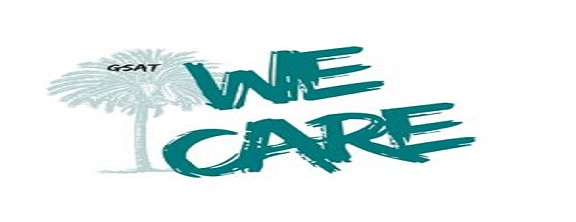5 TYPES OF COMPUTER PROGRAMMING LANGUAGE
What is Programming Language ?
Ok ! First of all I describe what is program ?PROGRAM : program is a sequence of instructions to perform some specific tasks according to your requirement using a computer. So basically through programming we give instructions to a computer, so that it can perform some specific tasks according toward need.
Then we need What is programming?
PROGRAMMING : Programming is the process of writing a program so I want some requirement to be fulfilled by a computer and I write a program to fulfill our need, usually I write our program in some high-level language for example C,C++,Java etc. This high-level language is being transformed into some assembly language code, next this assembly language code transformed into a machine level language code.
So, A programming language is a special language program use to develop software programs, scripts, or other sets of instructions for computers to execute.
Ok. Now I am gonna discuss five generations of programming language.
First Generation Language (1GL)
- The lowest level of language.
- The language used to program the first generation computers.
- Machine language is written using binary numbers.
- Each CPU has its own machine language.
- The instructions in 1GL are made of binary numbers, represented by 1's and 0's.
- 1's and 0's correspond to the on and off states of electrical switches.
- Machine code is tedious and unfriendly to human.
- Example of a machine language instruction : 1011010000000101.
Second Generation Language (2GL)
- Is a low-level programming language for computers,microprocessors,microcontrollers and other programmable devices.
- Is just one level higher than machine language.
- Is consists of simple codes.
- A processor understands only machine language instructions, which are strings of 1's and 0's.
- Is to obscure and complex for using in software development.
- Example Source Statement
for (i = 0 ; i < 100 ; i++)
sum += a(i) ;
Third Generation Language (3GL)
- High-level programming language. (h.l.l).
- 3GL.
- In this the commands written are in simple English language.
- As the commands written are in simple language so special software were develop which are known as language processor.
- For Example : LOGO, PASCAL; COBOL, JAVA etc.
Fourth Generation Language (4GL)
- Non-Procedural language.
- 4GL.
- It is a much closer to the human language.
- They have increased storage capacity.
- A typical example of the ease of use of 4th generation language is the creation of a GUI.
- To create a GUI in JAVA would be quite difficult because of the code required for each component, with any 4GL creating an interface is a simple matter of drag and drop.
- This generation is used a lot with databases.
- Example of non-procedural languages :
VISUAL BASIC
C++
JAVA
DELPHI
Fifth Generation Language (5GL)
- Is Natural Language.
- 5GL
- Provide a visual/graphical interface.
- Allow people to interact with computers without needing any specialised knowledge.
- Fifth generation language are used mainly in artificial intelligence research.
- Prolog, OPS5 and mercury are the best known fifth generation languages.
- Example : Prolog, Mercury, Visual Basic.
I think that the programming language of the future has actually not been invented yet. I think that what we've got right now is we've got a lot of languages that are evolving towards it but they're evolving in complexity to the point that we need a simplification. Why i say that ! because languages like C# and JAVA have become very bloated. The are very good languages and very expressive. You can do a lot with than even some things like-even Ruby and Python and whatnot. We've gotten a lot of different things and concepts. You can essentially do functional programming in C#. You could write C# code that is purely functional and that's sort of-if you think about all the different keywords, all the different things and C# keeps on growing that's a lot of stuff. We've kind of hit this point where we can do anything, but is that really what we need !? Yeah. We need is to simplify. We need to take all those concepts as we're learning, as we are evolving these languages and we eventually need to come up with a language that is going to be a little bit more universal.
References
All the information collected Google And YouTube and written by own hand . 😃
All the photos collected Google.















No comments